News archive
Category: Education
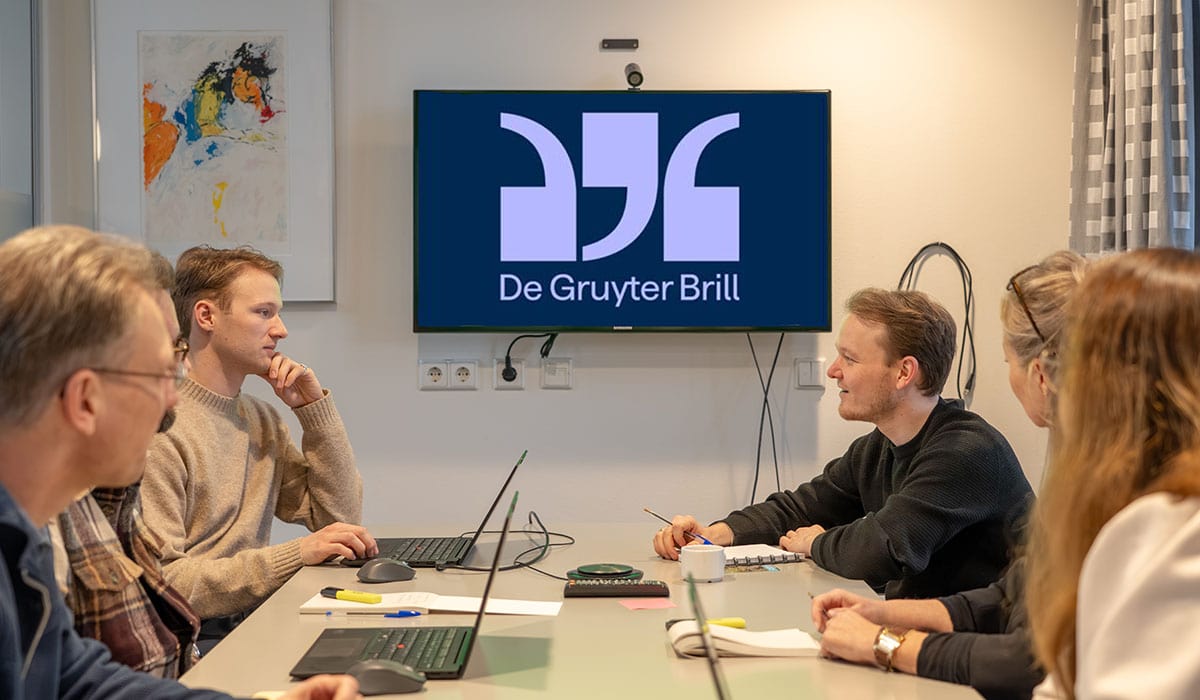
New de Gruyter Brill Read & Publish agreement from January 2026
As of January 2026, Maastricht University has a new Read & Publish agreement with de Gruyter Brill, negotiated nationally via UKB and SURF.
…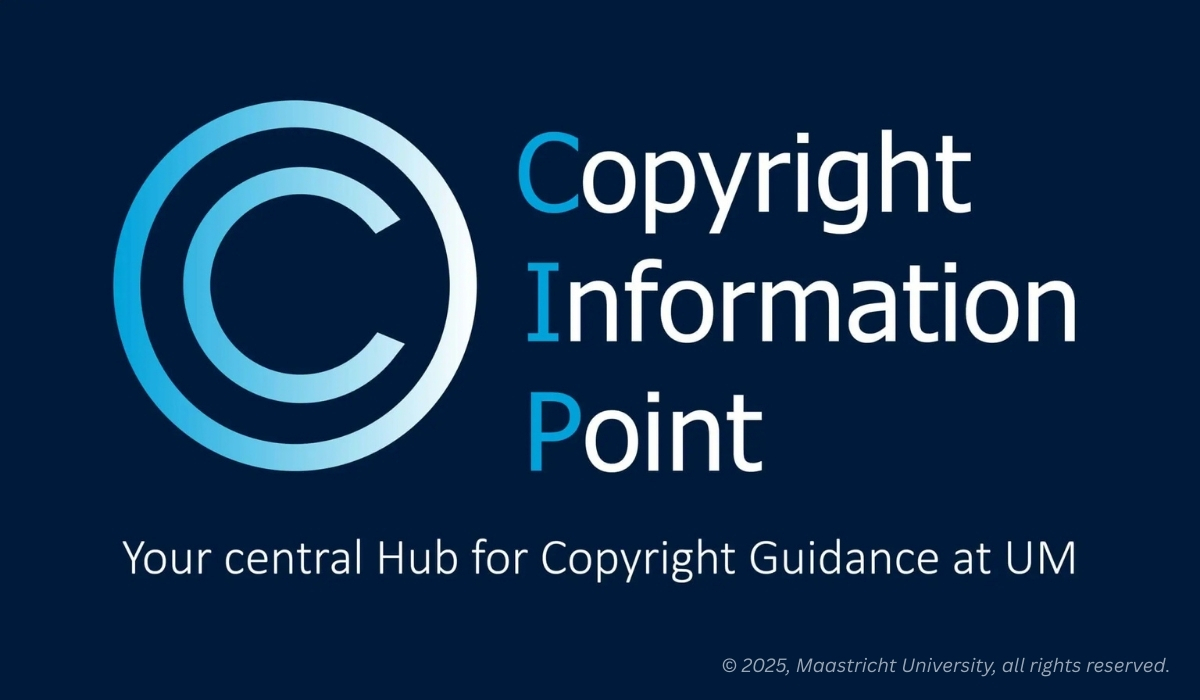
Copyright in your teaching: a quick reminder of the rules
Sharing learning resources with your students? Below is an overview of the key rules that apply when using copyrighted materials in education.
…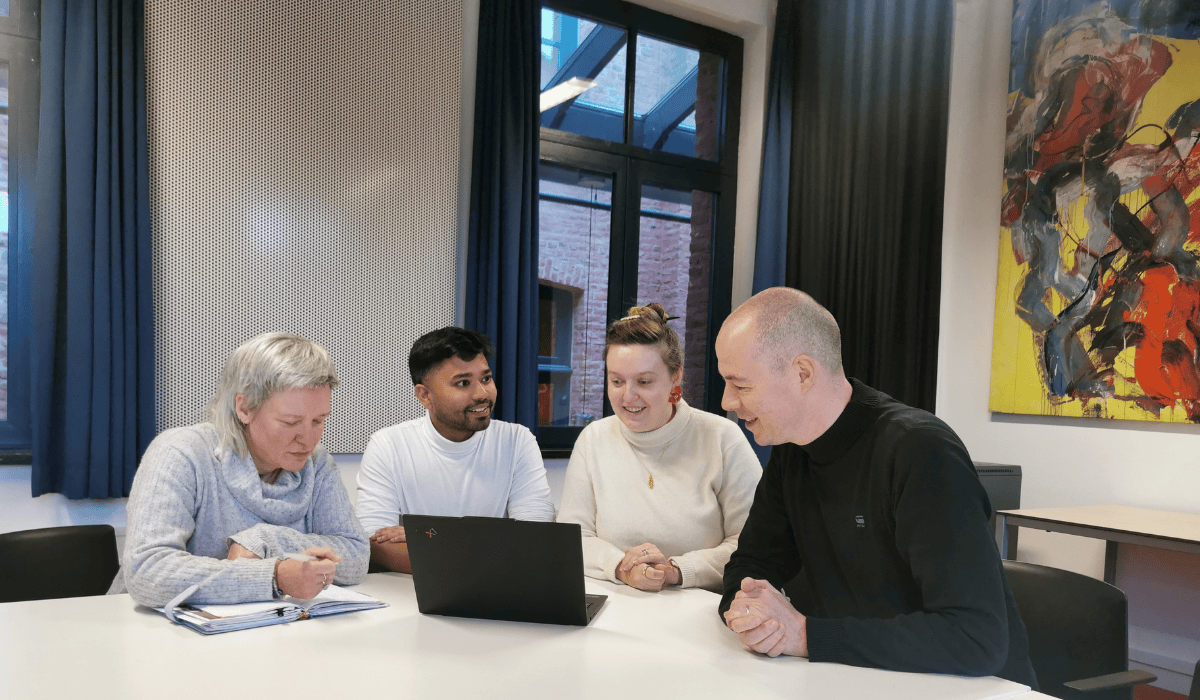
UM builds open education and digital literacy into University Teaching Qualification (BKO/UTQ)
Maastricht University (UM) is strengthening support for early-career teachers by embedding open education and digital literacy more firmly into the BKO/UTQ. The library’s Open Science in Education (OSiE) and Digital Literacy teams are working with faculties to help teachers use Open Educational Resources (OER), improve their digital iteracy competencies, and engage students in more accessible, future-oriented learning.
…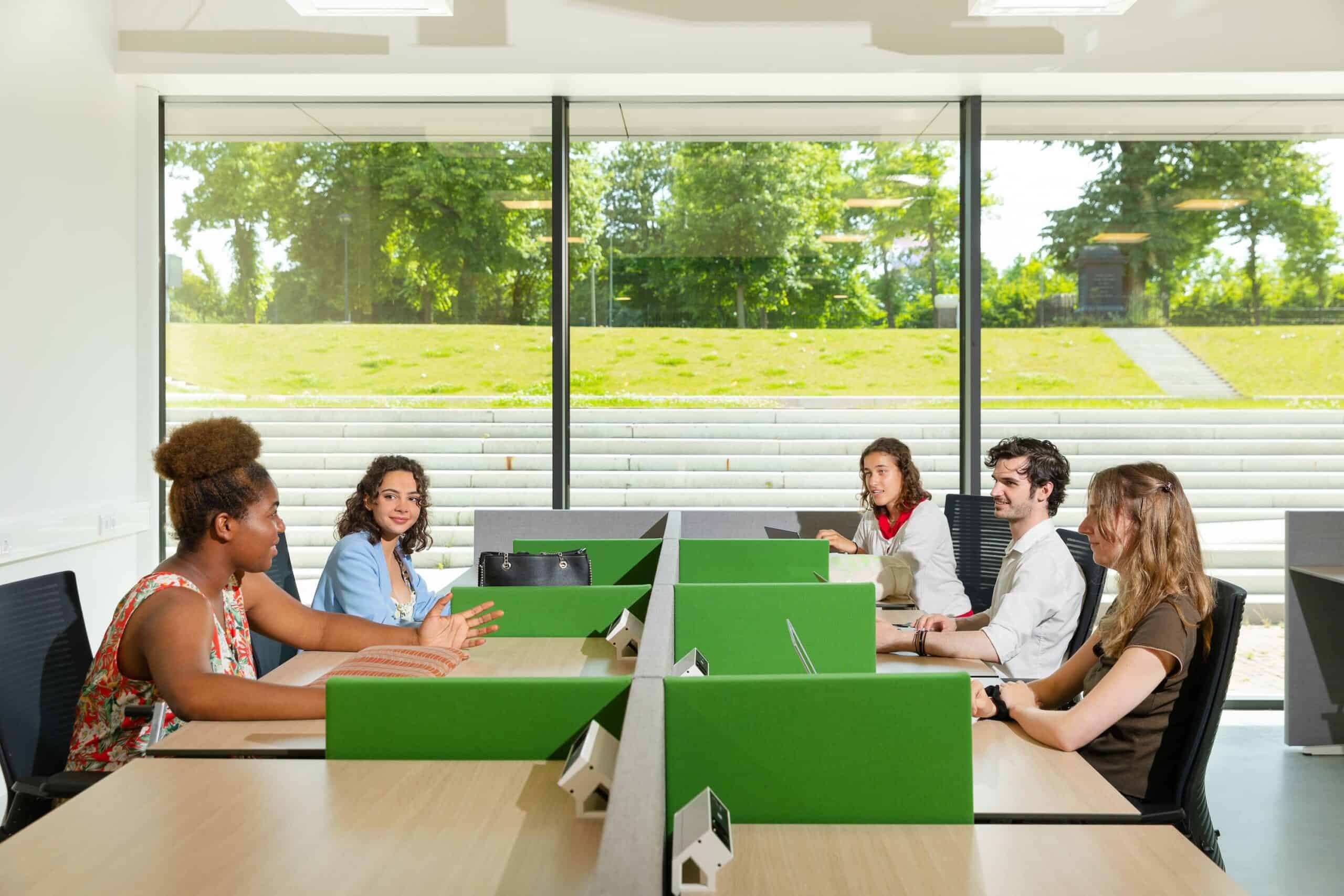
How to easily organise group member evaluations with FeedbackFruits
Want your students to evaluate their peers in tutorial groups? With FeedbackFruits, you can add a group member evaluation assignment to your Canvas course.
…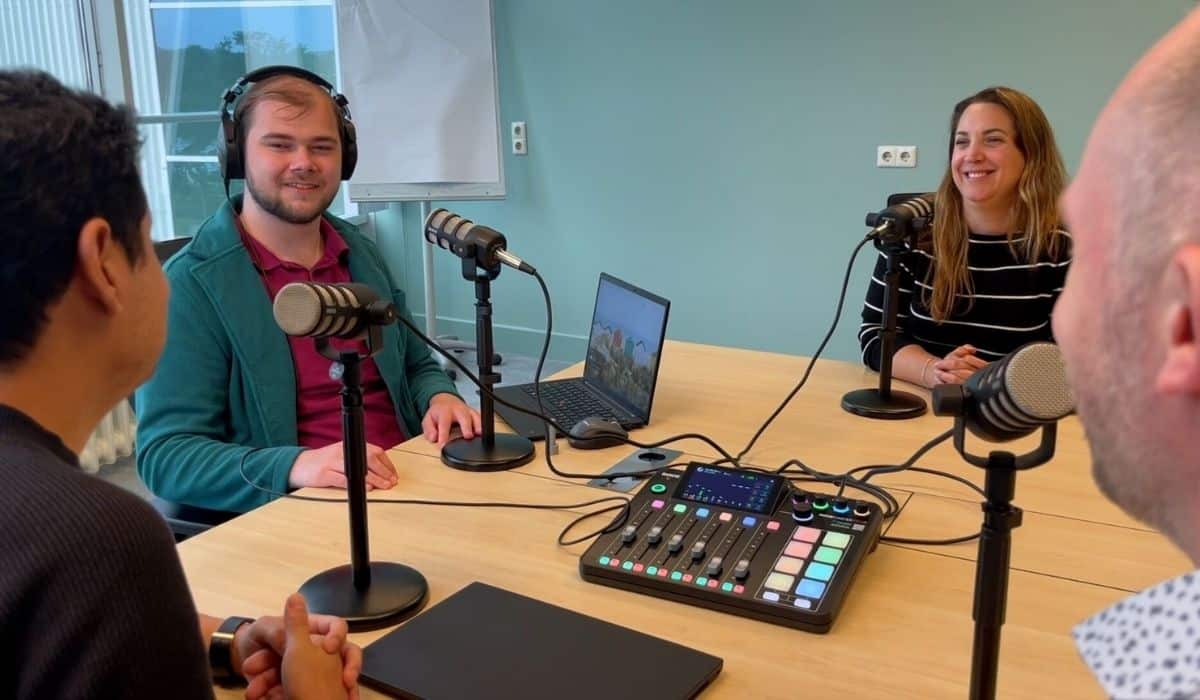
DIY Podcast and Video Studio in Randwyck Library
The University Library in Randwyck houses a premiumly equipped Do It Yourself (DIY) Podcast Studio with a green screen and tripod, for audio and video recording.
…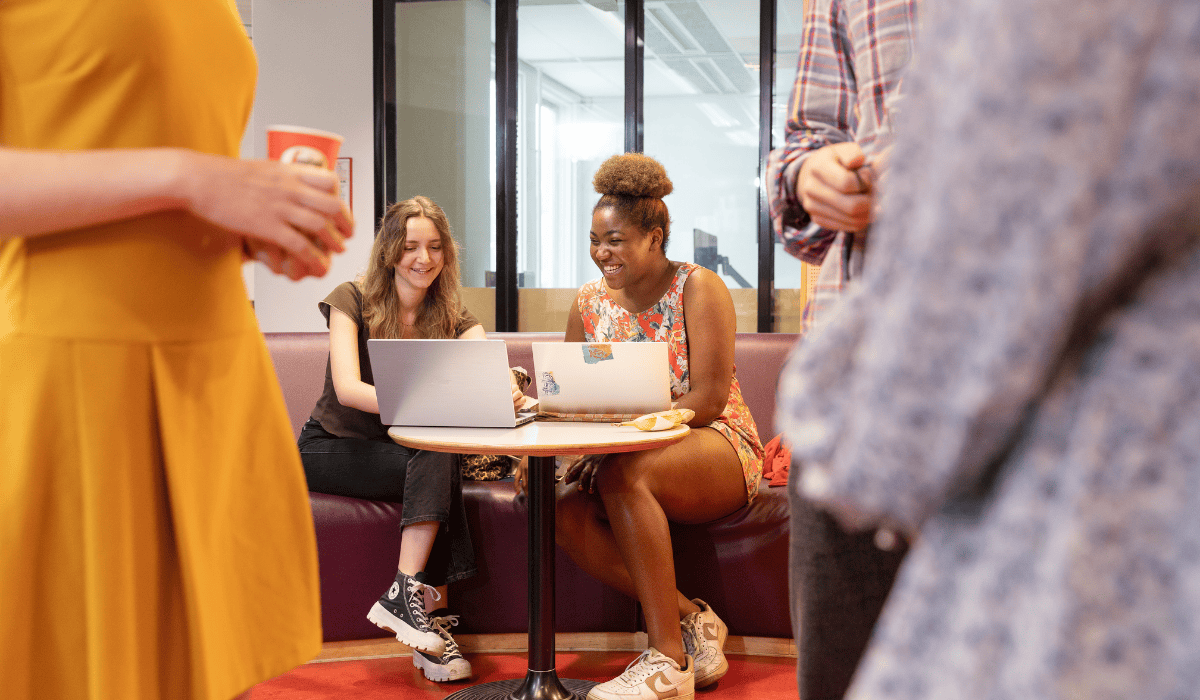
Help students collaborate: 4 ways to use Microsoft Teams for group work
Did you know that Microsoft Teams offers tools to support student group work? A main benefit is that group work takes place in a licensed and managed environment, rather than relying on free tools, such as Google docs.
…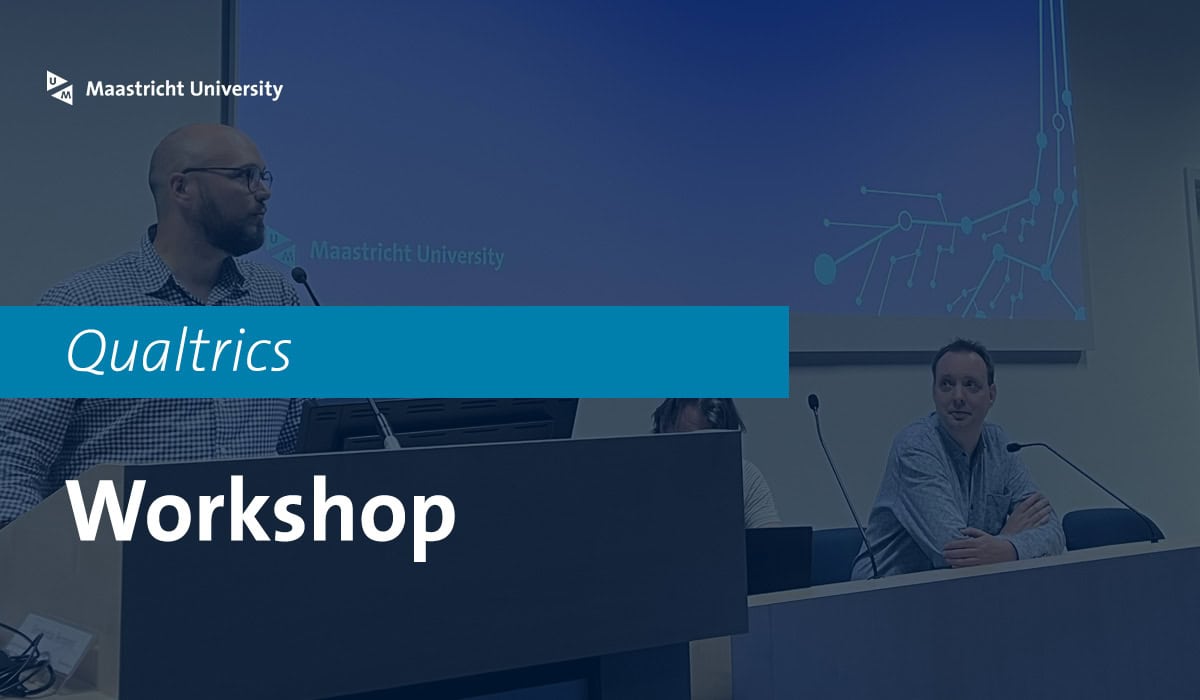
New workshop available: Introduction to Qualtrics
Whether you are preparing a thesis study, running course evaluations, collecting feedback after an event, or conducting research, Qualtrics provides a flexible and reliable space for data collection and analysis.
…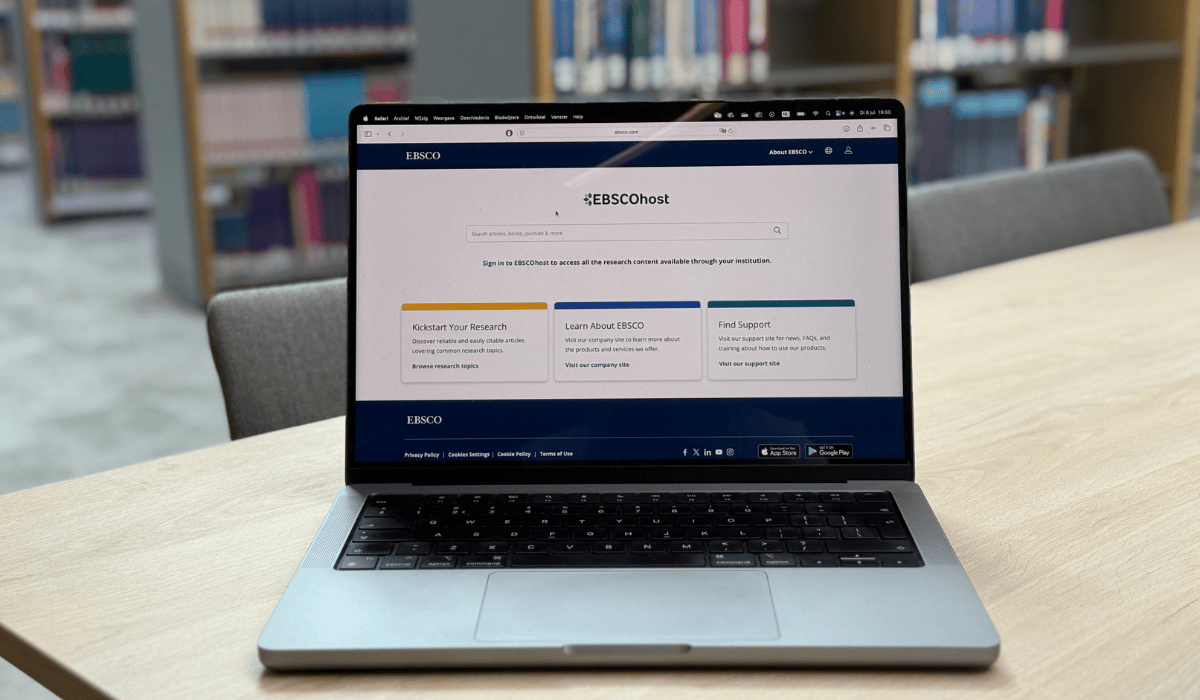
Discover the new and improved EBSCO interface
Starting 14 July 2025, EBSCOhost, the platform used by Maastricht University (UM) researchers and students to access multiple licensed databases, will introduce a redesigned interface. This update brings new features including personalised dashboards and new ways to share and save resources.
…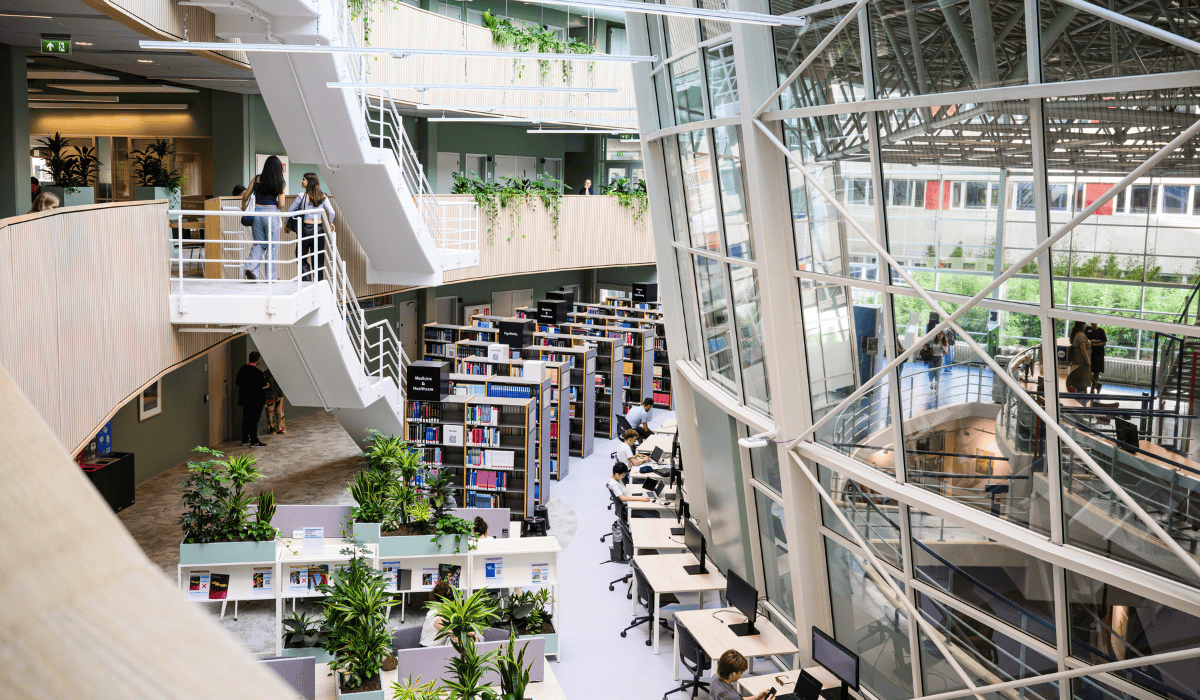
Maastricht University Library awarded National Grant to strengthen Open Educational Resources Infrastructure
We are proud to announce that our Open Science in Education team has been awarded funding under the national Get Connected scheme by Npuls. This initiative supports educational institutions in the Netherlands in implementing and adopting digital sector services to foster accessible, agile, and future-proof education.
…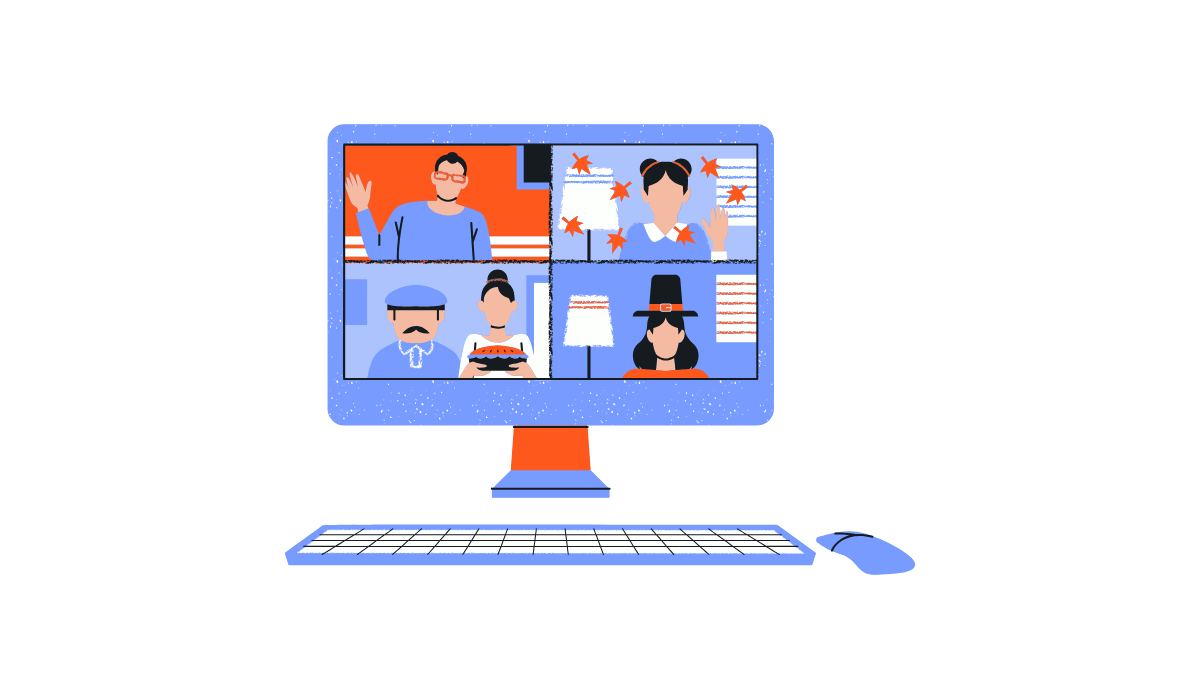
Find answers to your questions about Teams
Do you currently use Zoom for education and have questions about switching to Microsoft Teams? The University Library has created a comprehensive Teams FAQ to help you with the transition.
…
